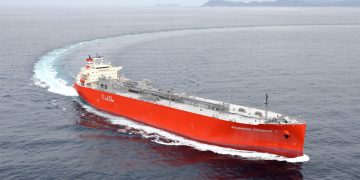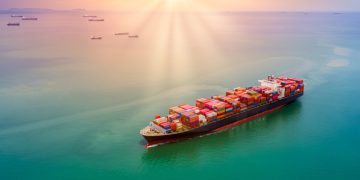Use of deficient and different versions of MSDSs A chemical tanker was instructed to load 2000 tonnes of crude sulphate turpentine (CST), a Category X cargo under MARPOL Annex II. The cargo was to be discharged to another tanker via a ship-to-ship (StS) transfer at a receiving terminal. Although there were several experienced crewmembers on board, none of them had any previous experience of this cargo, or knew about its associated hazards.The ship's Safety Management System (SMS), Procedures and Arrangements (P&A) Manual, cargo checklists and procedures were all followed, despite there being no information on this specific cargo.Prior to arrival, a briefing was conducted by the chief officer. The material safety data sheets (MSDS), were not available at the time. Accordingly, the hazards of the cargo (toxicity of H2S, organo-sulphides and mercaptans) were not properly discussed. On arrival, the shipper handed the vessel a cargo-specific MSDS. The ship's manager also supplied a generic MSDS which did not mention H2S. Because of the delayed and incomplete information from a large number of sources, the crew remained largely ignorant of the dangers of the cargo.The receiving STS ship, the terminal staff and even the cargo surveyor, who also obtained a generic MSDS ...
Read more























































